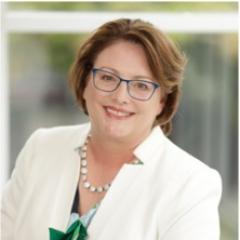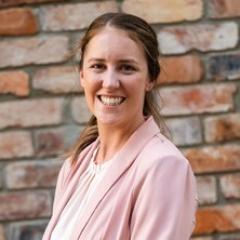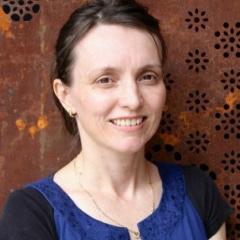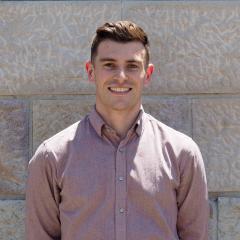Run4Health CP: Running for health
Can Frame Running training improve your health and fitness?
Frame Running (also known as RaceRunning) is an exciting NEW para-athletics event for people with cerebral palsy and similar disabilities.
We are looking for children and young people aged 6-21with cerebral palsy or other stable neurological, genetic or developmental condition that affects mobility (equivalent to GMFCS II-V) for a randomized clinical trial.
About the study
Frame Running is a new para-athletic event using a specially-designed supportive frame with three wheels. It allows the user to run freely using the power of their legs.
We have developed a 12 week Frame Running training program, delivered by trained Physiotherapists and Accredited Exercise Physiologists. It is for children and young people with cerebral palsy (CP) or other stable neurological, genetic or developmental condition who have moderate to severe problems with movement and balance.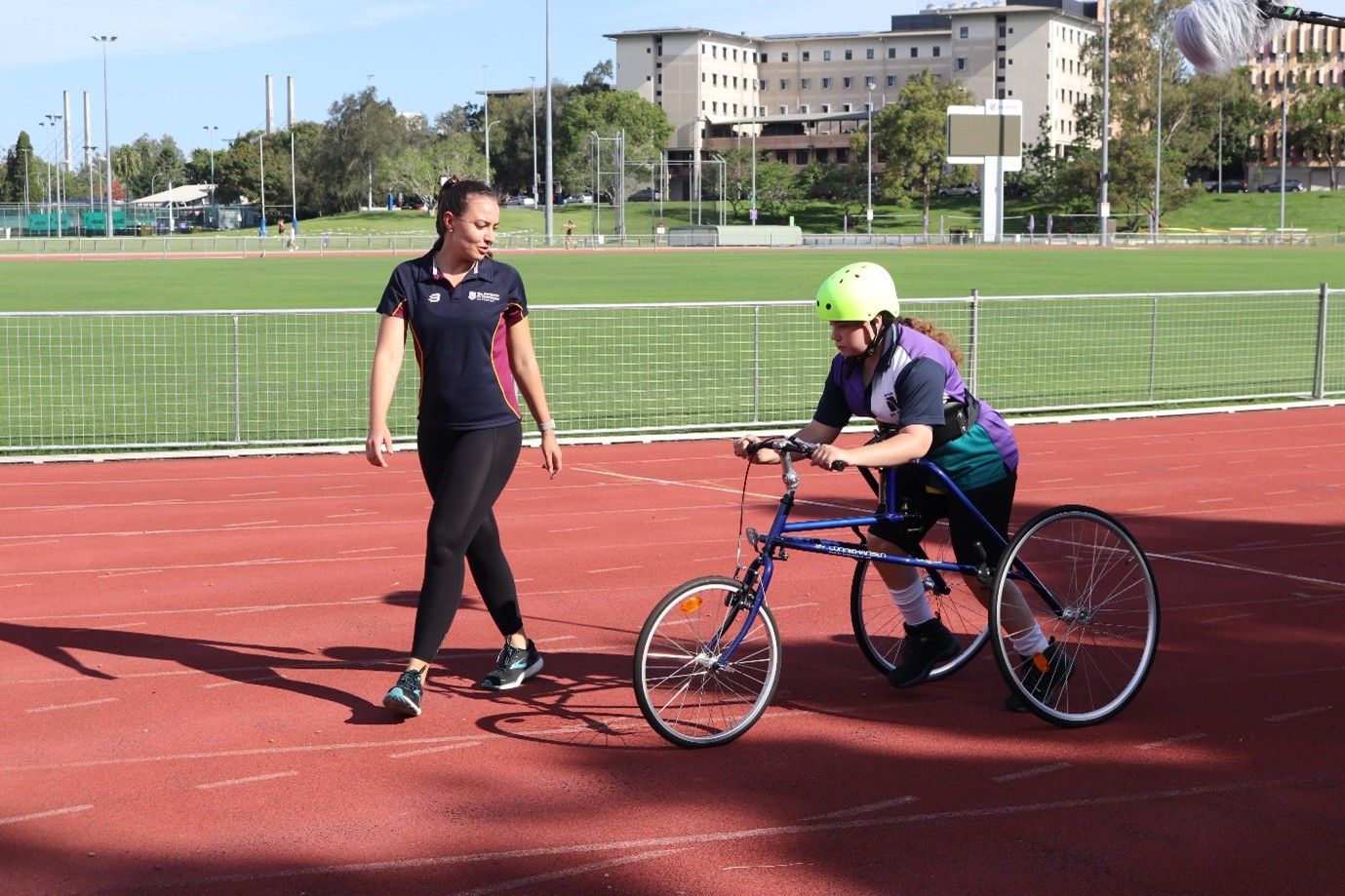
We are testing this training program in a randomized controlled trial to find out if it can improve indicators of heart health in children and young people with conditions that affect mobility. The study is taking place in six sites: Brisbane, Sunshine Coast, Gold Coast, Cairns, Sydney or Perth.
What does the study involve?
All participants will receive free Frame Running training. The program includes two 60-minute sessions per week for 12 weeks (total 24 sessions). Half of participants will receive the training immediately following the first assessment (immediate training group), and the other half will receive the training approximately 6 months later (delayed training group). We use a computer to randomise participant nomination into these groups - like flipping a coin.
Participants will be required to complete three assessments: one at the beginning of the study and two others at 12 and 26 weeks from when the study began. Participants included in the delayed training group will undertake an additional assessment 12-14 weeks after they have finished their training. The assessments will include physical tests of fitness, mobility function and lung health.
Participants or their caregiver will be asked to complete online questionnaires relating to the participants health and wellbeing, participation, mobility, socio-emotional development, health spending and goals.
The participant also has the option to complete a Dual Energy X-Ray Absorptiometry (DXA) scan to measure overall bone health and body composition at the first two assessments.
What are the benefits to participating in this study?
The participant may develop improved cardiovascular fitness, body composition, functional strength, gross motor ability and improved sports participation skills, although no considerable change may be recorded.
Participants will get a free copy of their DXA scan and lung testing results. Note that these results have not been interpreted by a doctor.
Results from the study could help other youth with CP be more active and do the things they want. We will learn a lot about how this therapy works and whether it will be worth making it available to other youth with CP.
To be eligible to participate: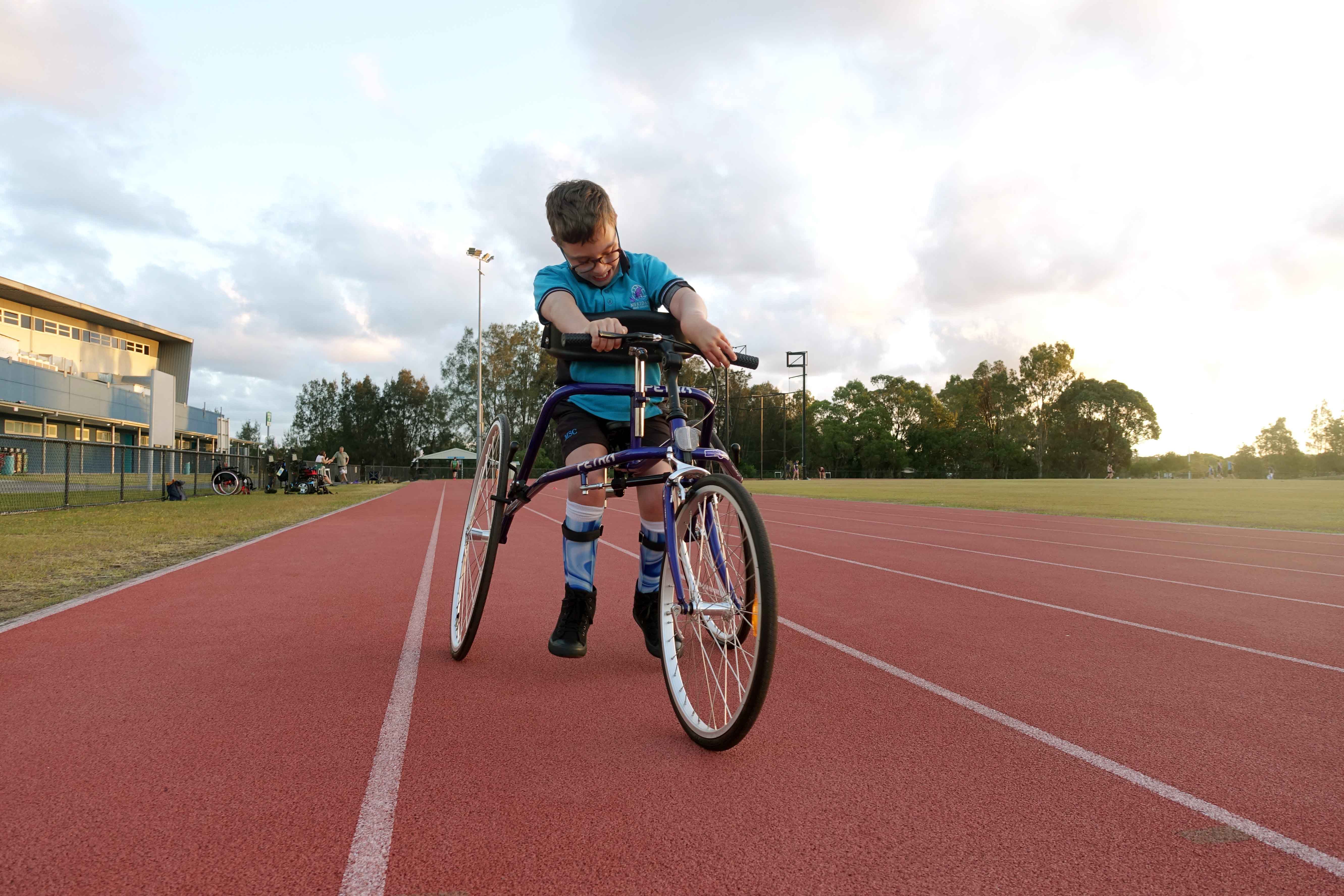
The participant is 6-21 years old at the time of the first appointment
The participant can easily travel to one of the trial sites in Brisbane, Sunshine Coast, Gold Coast, Cairns, Sydney or Perth
The participant has a diagnosis of CP or other stable neurological, genetic or developmental conditions that affects mobility (equivalent to GMFCS II-V) and is classified in GMFCS level II, III, IV or V
The participant or their caregiver can read and speak English (with or without the help of augmentative and alternative communication or a support person)
The participant does not train for frame running on a regular basis already (occaisional participation is okay)
Want to participate?
Register your interest in participating by clicking the below link or email us at run4healthcp@uq.edu.au.
What else do I need to know?
Before participating, you need to read the Participant Information Sheet which provides other important details about the study, including how we handle your information and the risks. To get a copy, contact us on the email address below.
Contact
If you would like to take part in this study, or have questions and would like more information, please contact: run4healthcp@uq.edu.au.
Chief Investigators:
- Dr Sarah Reedman (University of Queensland)
- A/Prof Leanne Sakzewski (University of Queensland)
- Dr Stina Oftedal (University of Queensland)
- Mr Matthew Ahmadi (University of Sydney)
- Dr Ellen Armstrong (University of Queensland)
- Dr Andrea Burgess (University of Queensland)
- Dr Tamara Blake (University of Queensland)
- Dr Syed Afroz Keramat (University of Queensland)
- Dr Iain Dutia (Australian Catholic University)
- Dr Dayna Pool (Curtain University)
Associate Investigators/Collaborators:
- Prof Roslyn Boyd (University of Queensland)
- Prof Stewart Trost (University of Queensland)
- A/Prof Emma Beckman (University of Queensland)
- Prof Catherine Sherrington (University of Sydney)
- Ms Lynda McNamara (Queensland Paediatric Rehabilitation Service)
- A/Prof Tracy Comans (University of Queensland)
- Prof Robert Ware (Griffith University, Menzies Health Centre)
- Prof Craig Munns (University of Queensland)
- Dr Kristie Bell (University of Queensland)
- Ms Kerry West (Sydney Childrens Health Network)
- Dr Fiona Russo (University of Southern Queensland)
- Dr Denise Brookes (University of Queensland)
- Rachel Thomas (Queensland Paediatric Rehabilitation Service)
Ethics approval identifier: CHQ: HREC/21/QCHQ/69281; UQ: 2021/HE000725
This study adheres to the Guidelines of the ethical review process of The University of Queensland and the National Statement on Ethical Conduct in Human Research. Whilst you are free to discuss your participation in this study with project staff, if you would like to speak to an officer of the University not involved in the study, you may contact the Ethics Coordinator on (07) 3365 3924.


